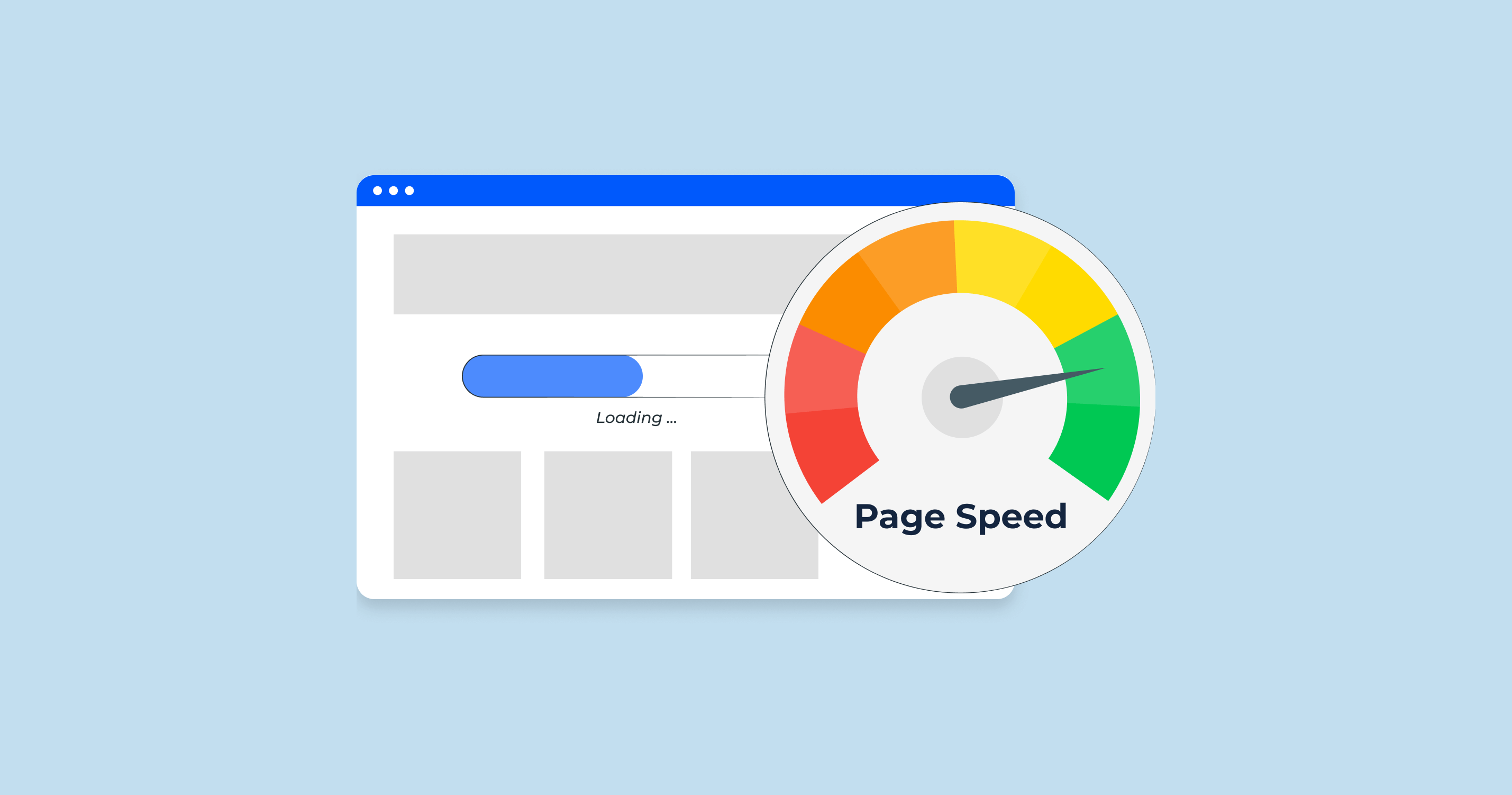Does Your Website Load Fast Enough to Rank on Google?

Boost your sales with just $45 per month
In the fast-paced digital world, where first impressions are often formed in seconds, the speed at which your website loads is not just a technical concern—it’s a business-critical factor.
Imagine walking into a store where it takes 10 seconds before anyone acknowledges you, the lights flicker on slowly, and the products take their time appearing on the shelves. Chances are, you’d leave before ever seeing what they offer. Online, that “walk-out” happens even faster.
The Cost of Waiting: User Attention in the Millisecond Economy
Modern internet users are not only more connected—they're more impatient. Studies consistently show that even a one-second delay in page load time can lead to reduced engagement, higher bounce rates, and fewer conversions. This isn’t just anecdotal. It’s a direct reflection of how deeply user behavior is tied to performance.
When someone clicks on a search result, they expect content—immediately. A slow-loading site sends a subtle but powerful signal: this experience may not be worth your time. In many cases, users won’t give you a second chance.
Why Google Cares About Speed (And Why You Should Too)

Boost your sales with just $45 per month
Google’s mission is to provide the most relevant and useful results. Usefulness doesn’t stop at content—it includes the overall experience. If your website stutters, stalls, or takes too long to load, it disrupts that experience. Fast-loading websites contribute to smoother interactions, better accessibility, and higher user satisfaction—all metrics that matter deeply in the digital ecosystem.
Whether you're a retailer, service provider, content creator, or B2B enterprise, how quickly your pages load impacts everything from lead generation to brand perception.
Mobile First, Seconds Matter
With mobile usage far outpacing desktop in many industries, the need for speed becomes even more urgent. Mobile networks vary in strength and consistency, and users on the go are even less tolerant of delays. A website that might load in 3 seconds on desktop could take 6 on mobile—and those extra seconds can make or break a visit.
Optimizing for performance across devices ensures you're not unintentionally excluding a majority of your audience.
What Slows You Down?
Some of the biggest culprits of slow load times include:
- Unoptimized images: High-resolution visuals are beautiful, but if they're not compressed or responsive, they drag down performance.
- Bulky code and scripts: Bloated CSS, JavaScript, or unnecessary plugins can clutter your site’s architecture.
- Too many HTTP requests: Each resource (images, fonts, scripts) adds to your site's workload.
- Lack of caching: Without proper caching, your site works harder every time it loads—even for repeat visitors.
- Server response time: If your hosting environment isn’t robust, no amount of on-page optimization will compensate.
Speed is a Competitive Edge

Boost your sales with just $45 per month
In crowded markets, small differences create big advantages. A site that loads in two seconds versus four may not seem like a massive distinction—but in terms of user retention and trust, it’s monumental. Users don’t measure speed in technical terms—they feel it as either friction or flow.
Speed communicates professionalism. It tells your audience that you value their time, that you’ve invested in their experience, and that your brand operates with precision.
Testing and Improving Your Website Speed
There are robust tools available to measure your site’s performance. Solutions like Google PageSpeed Insights, GTmetrix, and WebPageTest provide actionable insights into what’s working and what’s not.
Once you’ve identified issues, fixes may include:
- Leveraging content delivery networks (CDNs)
- Compressing images using next-gen formats (e.g., WebP)
- Minifying HTML, CSS, and JavaScript
- Reducing third-party scripts
- Implementing lazy loading for images and video
Improving speed isn’t a one-time project—it’s a continuous discipline.
Final Thought: Performance as a Promise
Ultimately, your website's load time reflects a promise: that users can access what they need quickly, easily, and reliably. It’s not just about optimization—it’s about building digital trust. If you want to stay visible, relevant, and competitive in today’s search landscape, it starts with delivering a blazing-fast experience.
Because if your site isn’t ready when users are, they won’t wait around for it to be.
Boost your sales with just $45 per month
